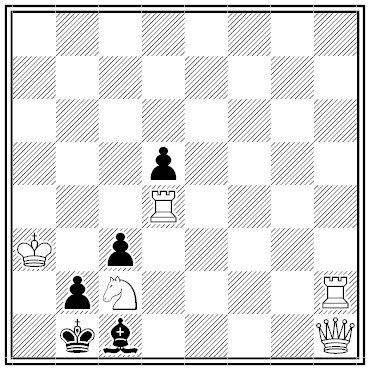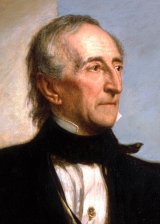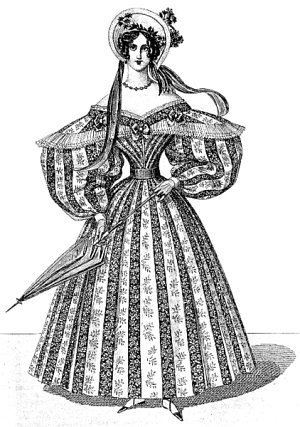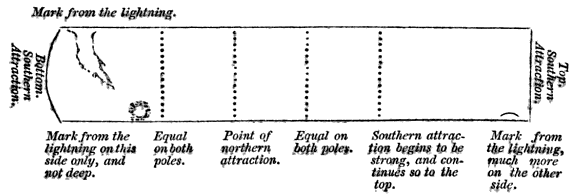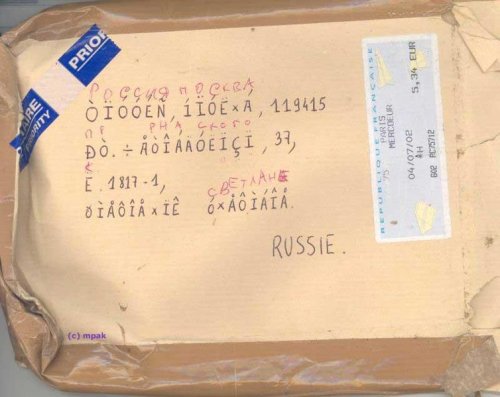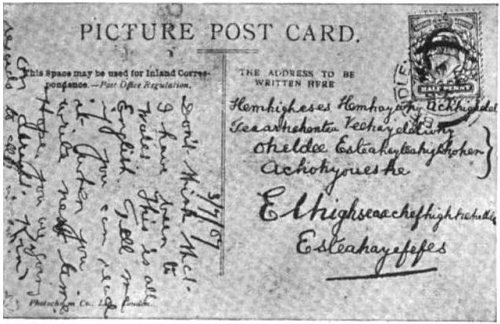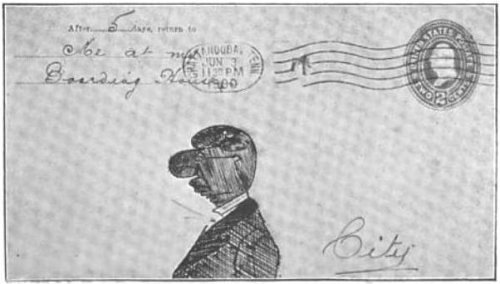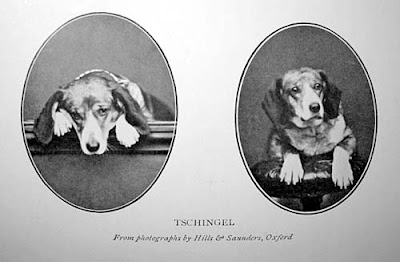
In 1868, American alpinist W.A.B. Coolidge received a unique gift — Tschingel, a 3-year-old dog with a preternatural passion for mountaineering. Though he was “not at all a dog fancier,” Coolidge began to take her on expeditions, and he watched as she climbed the Torrenthorn (2,998 meters), crossed the Gemmi pass (2,316 meters), and reached the summit of the Blümlisalphorn (3,664 meters) — where she slipped on the final slope and was caught by her collar as she slid toward the Oeschinensee. “She seemed to like it very much,” he wrote, “and, so we thought, the panoramas from tops, running on ahead of us to the summit of a peak, and then running back to encourage us by showing how near we were to the wished-for goal.”
So she joined the team. Over the next 11 years Tschingel and Coolidge climbed 30 peaks and crossed 36 passes. While climbing, she was roped to her companions by a cord passed through her collar; they made leather boots to preserve her feet, but she always kicked them off. As they climbed the Aletschhorn (4,195 meters), Coolidge wrote, “my aunt went up the Sparrhorn to look at us, and we waved Tschingel in the air as a sort of red flag.”
Her greatest conquest was the Breithorn, at 4,171 meters; when she descended from Monte Rosa, some English climbers elected her an “honorary lady member” of the Alpine Club. She died in her sleep in Surrey in 1879.
Forty years later Alpine historian Monroe Thorington visited Coolidge at his home in Grindelwald. “Just when I was leaving, he pointed to the door,” he recalled later. “There on a hook was Tschingel’s collar with the little bangles shining in the sun. Not a word was said, but Coolidge managed something resembling a smile.”
See The Dog of Helvellyn and Nine Lives Left.




